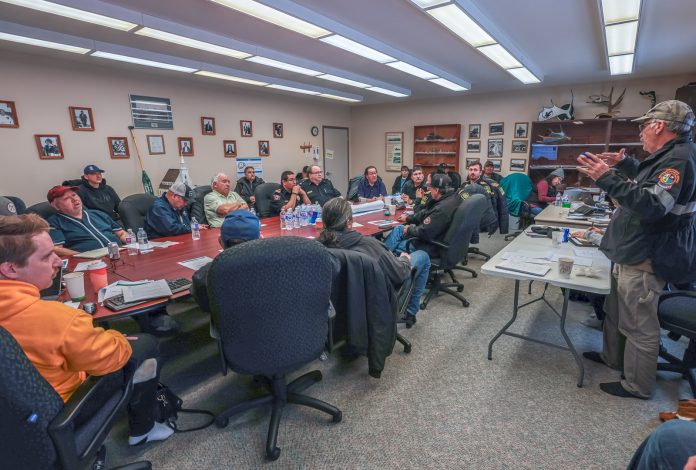The Onion Lake First Nation that has just initiated a lawsuit against Danielle Smith's Sovereigty Act, says it will also sue the Moe Saskchewan government once it passes the Saskatchewan First Act which asserts Saskatchewan primacy with regard to laws because Treaty 6 lands overlap the two provinces. Other First Nations may also sue one or both governments.
A Treaty 6 First Nation has launched legal action over the Alberta Sovereignty Act, saying it infringes on treaty rights. ...
The lawsuit comes just two weeks after First Nations chiefs from Alberta and Saskatchewan went to Ottawa and called for both provinces to scrap their respective provincial rights bills, calling them inherently undemocratic, unconstitutional and an infringement on Indigenous rights. Onion Lake Cree Nation is located on the Alberta-Saskatchewan border, about 50 kilometres north of Lloydminster. Chief Henry Lewis said he expects to launch similar legal action if the Saskatchewan First Act is passed. ...
Chiefs from Treaty 6, Treaty 7, and Treaty 8 territory have all declared their opposition to the bill, stating the same arguments as the lawsuit including lack of consultation and treaty rights.
https://www.cbc.ca/news/canada/edmonton/onion-lake-cree-nation-suing-alb...



